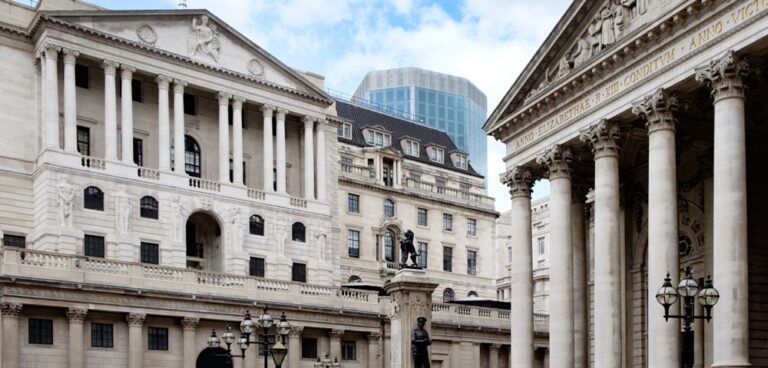Following the UK GDP announcement last week, experts have commented on the stagnating growth, highlighting concerns about the economy’s resilience amid mounting pressures on businesses and households.
Rob Morgan, Chief Investment Analyst at Charles Stanley commented; “The UK economy barely increased in the third quarter of 2024, following an encouraging first half of the year. GDP is estimated to have increased by 0.1% in the July to September period following growth of 0.5% in the second quarter and 0.7% in the first.
The subdued performance mostly stems from a downturn in industrial output and manufacturing, as well as a fall in services, suggesting a drop off in business and consumer confidence ahead of the Budget. Overall, GDP is estimated to have fallen 0.1% in September following growth of 0.2% in August and no growth in July.
With most of the fallout from the Budget still to come, it doesn’t bode well for the fourth quarter when we will start to see any reaction to the fiscal plans laid out. Some businesses are expected to retrench following announced increases to employer National Insurance and other measures, though the busy Christmas period offers a potential boost for consumer-facing sectors. Meanwhile, additional government spending is expected to increase economic activity into 2025 before falling back.
Overall, the growth picture remains one of stagnation and an economy labouring under still-constrictive interest rates. With an increase to employment costs to come it’s clear many businesses are going to be under increasing pressure. Households are also feeling the pinch. GDP per head, a better indicator of living standards than headline GDP, is now falling once more. With confidence ebbing away there’s an urgent need for decisive measures to increase investment and productivity.
The poor numbers slightly increase the chances of a further cut to interest rates at the Bank of England’s December meeting, though the consensus remains for a pause as MPC members monitor the inflationary impact of the Budget.”
Mike Randall, CEO of Simply Asset Finance, says: “Following recent Budget uncertainty, the news of stagnating GDP presents another challenge for SMEs, making it more difficult to tap into pent-up demand and recover lost ground.”
“The Autumn Budget in October presented some significant hurdles for business, notably an NI increase, which will need to be navigated. The more positive developments however, including a commitment to infrastructure spending, should provide more trickle-down growth opportunities for SMEs.
“But this progress still hinges on access to investment and finance. It’s now crucial that the government, the business community, and financial providers collaborate closely to turn this potential growth into a tangible reality.”


